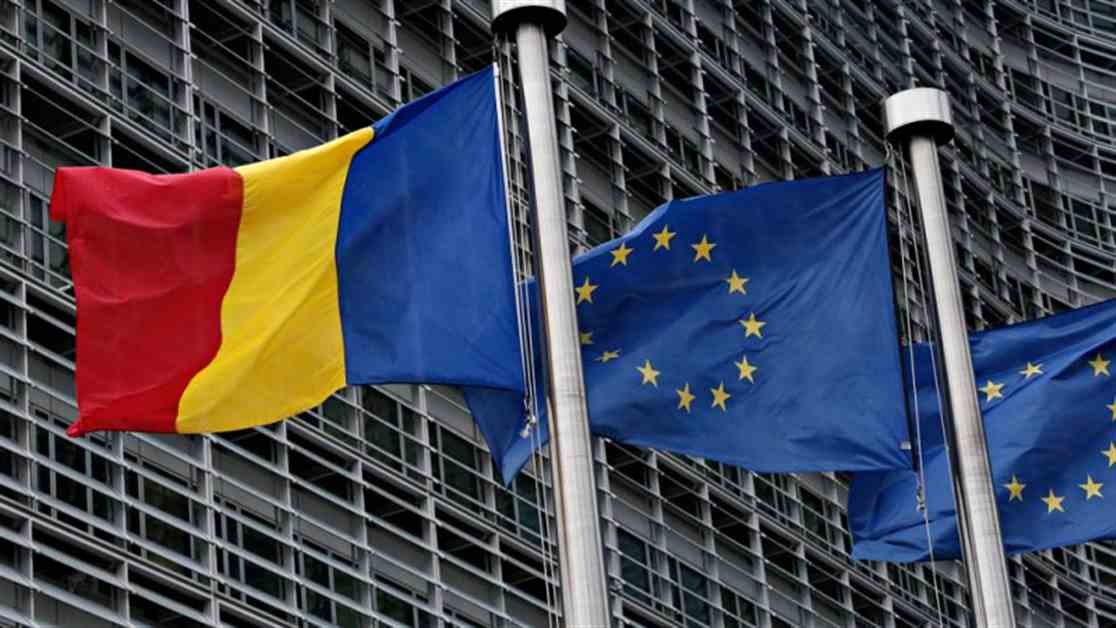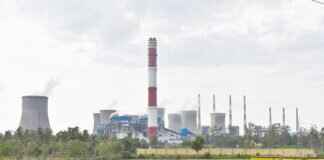Local Elections Steal Spotlight from EU Vote in Romania
The upcoming European elections are being overshadowed in Romania as the focus shifts to local elections scheduled for the same day. The far-right AUR party, expected to rank second in the polls, is facing uncertainty regarding which EU parliamentary group it could align with due to an ongoing dispute with Viktor Orban’s Fidesz.
Majority of Romanians show support for the EU and acknowledge the advantages of joining in 2007. However, there is a lack of understanding among the populace about how the European institutions function. Past election campaigns have seen Romanian candidates for the European Parliament concentrating more on domestic issues, resulting in low voter turnout compared to other elections.
This year, the merging of the EU elections with local elections has shifted the focus away from European issues, including crucial matters in Romanian politics such as Schengen. The absence of televised debates featuring representatives from all major parties and the participation of some politicians in both local and European elections have contributed to this shift.
The United Right Alliance—consisting of USR, PMP, and For?a Dreptei—is struggling to convey a unified message as it represents different European political families. Their main emphasis lies in positioning themselves as the true right-wing liberal force in Romania, even during meetings with Romanian communities in the EU.
Despite its strong showing in the polls, the far-right AUR has downplayed European issues in its campaign. The party, which targets rural areas and focuses on local elections, has minimal references to the EU elections in its campaign materials, featuring historical figures on posters rather than candidates. AUR remains the only parliamentary party in Romania not affiliated with a European political group.
In the latest polls by Europe Elects and Euractiv’s polling partner, the PSD-PNL alliance is projected to secure around 45% of the vote in the EU elections, with AUR following at 22%, the United Right Alliance at 13%, and UDMR at 5%. Renew Europe’s REPER, which currently has five MEPs, is not expected to surpass 3% in these polls.
The far-right AUR party’s attempt to join the ECR has been hindered by internal conflicts, particularly with Viktor Orban’s Fidesz. AUR’s leader, George Simion, has faced challenges in aligning with the ECR due to its hawkish stance against the Democratic Alliance of Hungarians in Romania, which has close ties to Fidesz.
As the political landscape in Romania continues to evolve, the upcoming elections will be crucial in determining the country’s representation in the European Parliament. Stay updated with Euractiv for more insights on the EU elections.
Subscribe now to our newsletter EU Elections Decoded.














